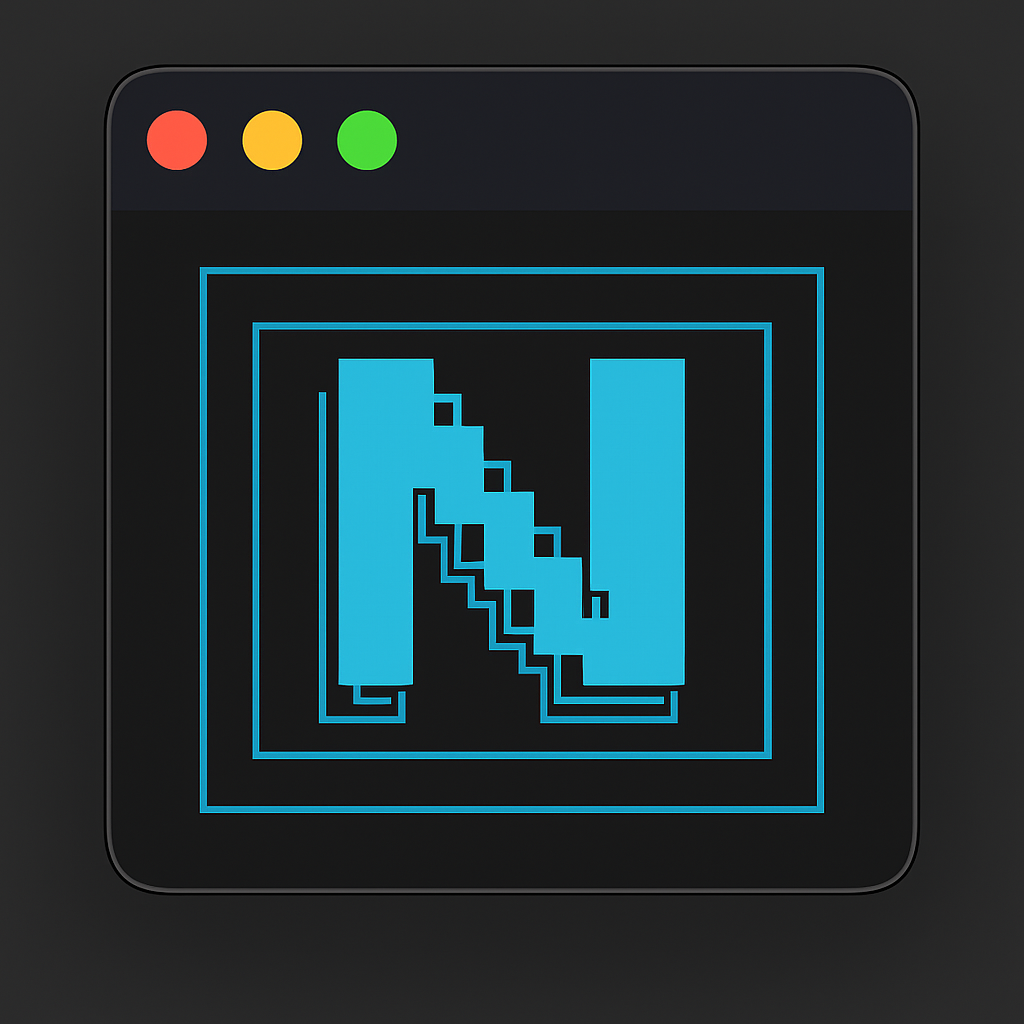Overview
NikCLI’s agent management system provides control over two registered AI agents, enabling autonomous development with intelligent task orchestration. The system includes the Universal Agent for comprehensive full-stack development and the VM Agent for isolated, secure development environments.Universal Agent
All-in-one enterprise agent with 44 comprehensive full-stack capabilities
VM Agent
Secure virtualized development with Docker isolation and 20 capabilities
Custom Blueprints
Create and save agent configuration blueprints
Cognitive Orchestration
Intelligent task understanding and routing
NikCLI uses two registered agents rather than multiple specialized agents. Both agents handle all development domains through intelligent cognitive routing and tool orchestration.
Core Agent Commands
/agents - List Available Agents
Display all available agents and their current status.
- Agent name and specialization
- Current status (active/idle)
- Basic capabilities overview
universal-agent- Full-stack development with 44 capabilities (default)vm-agent- Secure virtualized development with Docker isolation (20 capabilities)
/agent - Execute with Specific Agent
Execute tasks using a specific agent.
- Universal Agent
- VM Agent
- Core (7): code-generation, code-analysis, code-review, optimization, debugging, refactoring, testing
- Frontend (11): React, Next.js, TypeScript, JavaScript, HTML, CSS, frontend, components, hooks, JSX, TSX
- Backend (8): Node.js, API development, database, server architecture, REST API, GraphQL, microservices
- DevOps (8): CI/CD, Docker, Kubernetes, deployment, infrastructure, monitoring, security
- Autonomous (5): File operations, project creation, autonomous coding, system admin, full-stack dev
- Analysis (5): Performance, security, quality assessment, architecture review, documentation
/auto - Autonomous Execution
Enable autonomous mode for complex tasks with minimal supervision.
- Automatic task breakdown
- Progress tracking
- Quality assurance
- Minimal user intervention required
/parallel - Parallel Execution Mode
Execute tasks using parallel processing capabilities.
Agent Factory and Blueprints
/factory - Agent Factory Dashboard
Access the agent factory for creating and managing custom agents.
- Agent creation interface
- Blueprint management
- Agent configuration tools
/create-agent - Create Custom Agent
Create specialized agents for specific domains or tasks.
- Define agent specialization
- Configure capabilities and tools
- Set operational parameters
- Deploy and activate agent
/launch-agent - Launch from Blueprint
Deploy agents from pre-configured blueprints.
Blueprint Management
/blueprints - List All Blueprints
Display all available agent blueprints.
- Blueprint ID and name
- Agent specialization
- Creation date
- Usage statistics
/blueprint - View Specific Blueprint
View details of a specific blueprint.
/delete-blueprint - Remove Blueprint
Delete a specific agent blueprint.
/export-blueprint - Export Blueprint
Export blueprint configuration for sharing or backup.
/import-blueprint - Import Blueprint
Import a blueprint configuration from file.
/search-blueprints - Search Blueprints
Search blueprints by name, specialization, or capabilities.
Context and Streaming
/context - Workspace Context Management
Manage workspace context for focused agent operations.
- Focused codebase analysis
- Improved agent performance
- Targeted operations
- Reduced processing overhead
/stream - Agent Activity Streaming
Monitor live agent activity and execution streams.
- Real-time agent activity monitoring
- Progress tracking
- Error detection and reporting
- Performance metrics
Agent System Architecture
Registered Agents
NikCLI uses a focused approach with two primary registered agents:- Universal Agent
- VM Agent
Full-Stack Development Specialist64 Core Capabilities:
- Frontend: React, Next.js, TypeScript, JavaScript, HTML, CSS
- Backend: Node.js, API development, database operations
- DevOps: CI/CD, Docker, deployment, monitoring
- Testing: Unit tests, integration tests, e2e testing
- Code Quality: Review, refactoring, optimization
- Fully autonomous operation
- Maximum 3 concurrent tasks
- Complete file system access (security-restricted)
- Command execution with approval system integration
Agent Communication
Agents communicate through:- Event Bus: Inter-agent communication
- Task Queue: Work distribution
- Context Sharing: Workspace information
- Progress Reporting: Status updates
Best Practices
Agent Selection Guidelines
Universal Agent
Use for:
- General development tasks
- Full-stack implementations
- Code optimization and review
- Multi-technology projects
VM Agent
Use for:
- Repository analysis
- Isolated development
- Security-sensitive operations
- Environment setup
Performance Optimization
- Context Management: Set specific workspace contexts to improve performance
- Task Scoping: Define clear, focused tasks for better results
- Resource Monitoring: Use
/streamto monitor agent activity - Blueprint Reuse: Create and reuse blueprints for common tasks
Troubleshooting
Common Issues
Agent Not Responding
Agent Not Responding
Problem: Agent fails to complete tasks or becomes unresponsiveSolutions:
Poor Task Results
Poor Task Results
Problem: Agent produces suboptimal resultsSolutions:
Blueprint Issues
Blueprint Issues
Problem: Blueprint creation or deployment failsSolutions:
